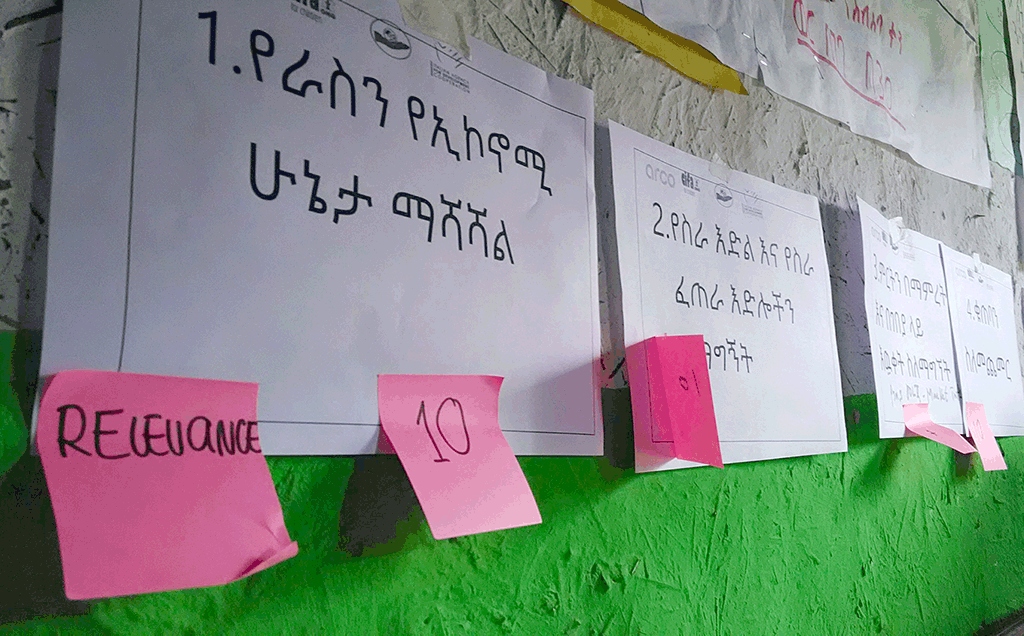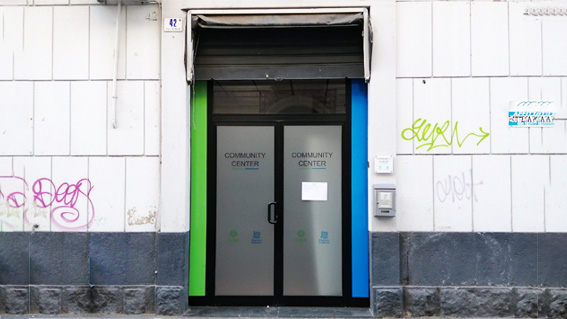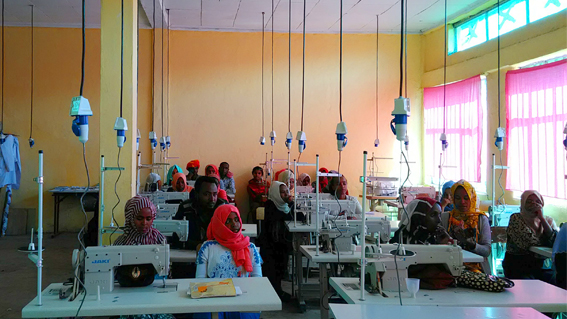5 key benefits of external evaluation for cooperation and development projects

ARCO Research Center is personally committed in spreading the culture of evaluation. The reason is simple: external evaluation is the only way to understand which interventions really work and why!
I have learned that success depends on knowing what works
Bill Gates
Based on the results of an external evaluation, organizations can focus their efforts – and resources – on those actions that proved most useful and effective to achieve the maximum possible impact. As a matter of fact, evaluating is fundamental for several reasons:
Evaluation allows to learn from experience, helping in identifying lessons learned and best practices, to constantly improve the impact of projects.
Evaluation allows to deepen the history behind the projects’ results, that is, it helps you understand why an intervention was successful or failed.
Evaluation allows to observe the results of the project from multiple angles, because it considers all categories of beneficiaries and stakeholders involved, deepening their different points of view.
To evaluate increases the transparency of an organization, because it demonstrates the relevance, effectiveness and efficiency of its work in the eyes of financiers and stakeholders.
Evaluation allows to easily communicate the value of an intervention, because it clearly quantifies its results and its social and economic impact.
How is evaluation carried out?
Evaluating a project or programme requires a comprehensive strategy for data collection and analysis, methodologies appropriate to the objectives of the evaluation and the context of intervention. An evaluation strategy must be elaborated for each project, in order to take into account:
♦ the type of intervention;
♦ the objectives of the intervention;
♦ the types of actors involved (beneficiaries, but also stakeholders, project staff and experts);
♦ the peculiarities of local context;
♦ the resources available.
Ideally, the evaluation of a project or programme should be commissioned to a specialized external body or company, in order to guarantee a professional and objective analysis.
Although there are a number of perfectly valid reasons for an organization to decide to carry out the evaluation work internally, an external evaluation brings multiple key benefits.
5 key benefits of external evaluation
1. Experience and competence
An expert evaluator has a specific training and brings a wide-ranging experience, gain by working on different types of projects in a wide variety of contexts and by using different methodological approaches.
This competence and experience allows the evautator to identify the most effective evaluation strategy for each project, applying methods and tools that are most appropriate to accurately measure results and impact.
The skills of a experienced evalautor are essential especially when there is the need to evaluate particularly innovative or complex interventions, whose effects and impacts may not be take into sufficient account by standard approaches.
2. Objectivity
An external evaluator provides a more objective and impartial look on a project or programme, because of its indipendence from the organization that implements or finances the activities. Objectivity is essential to evaluate the real success of a project or program, as well as to allow an organization to learn correctly from its experience.
3. Credibility
Stakeholders and funding bodies tend to give greater weight to the results of an independent external evaluation, precisely because it is perceived as more impartial and rigorous. In fact, even when an organization does its best to objectively self-evaluate its performance, the conclusions may feel somewhat self-congratulatory.
4. A detached point of view
An external evaluator provides a “fresh” and detached point of view on the project and its results. After months or years of work, the project staff is often so immersed in the management of the activities that ot may not pay attention to unexpected effects that are being revealed. The external point of view cast by the evaluator may notice those changes that would otherwise go unnoticed (and therefore not measured).
5. Cost-effectiveness
An external evaluation service can be particularly convenient for small and medium-sized organizations, which often do not have sufficient resources to dedicate full-time internal staff to data collection and evaluation activities. In these cases, considering an external evaluator might prove to be the most economically advantageous option.
Read more on our M&E and Impact Evaluation Unit
Read more on ARCO’s evaluations here:










































